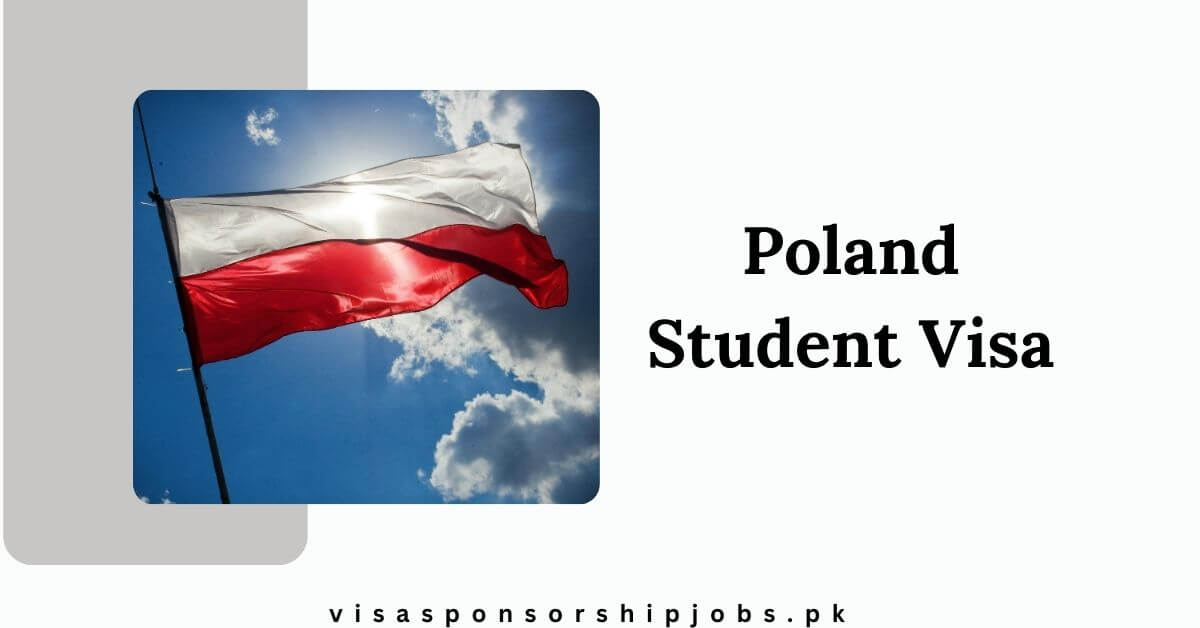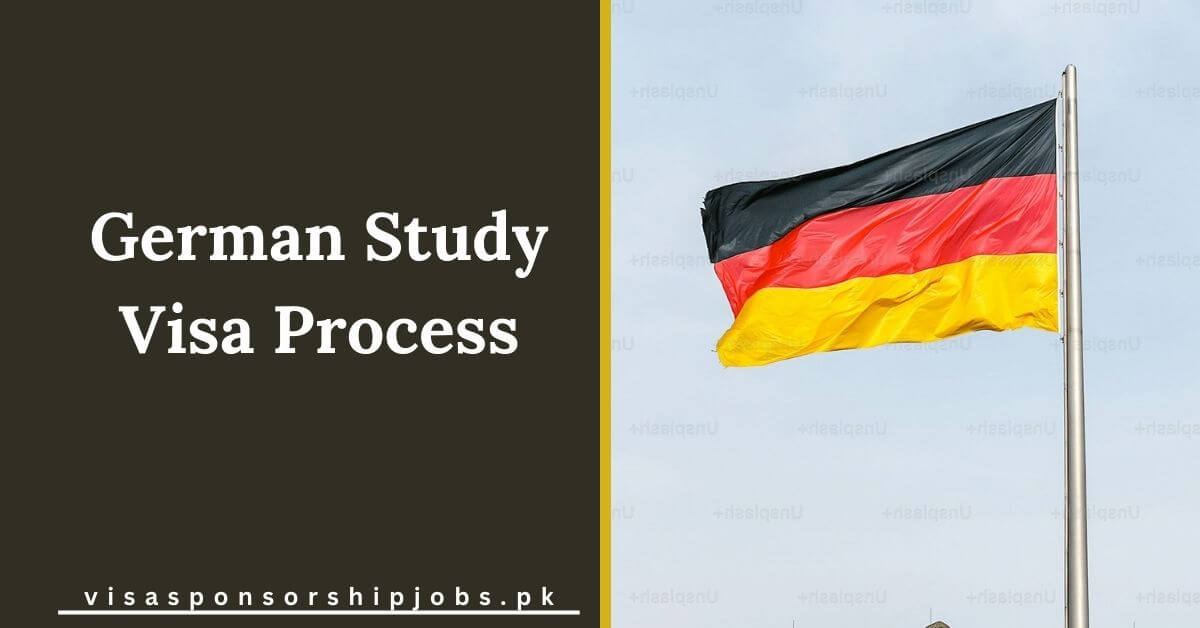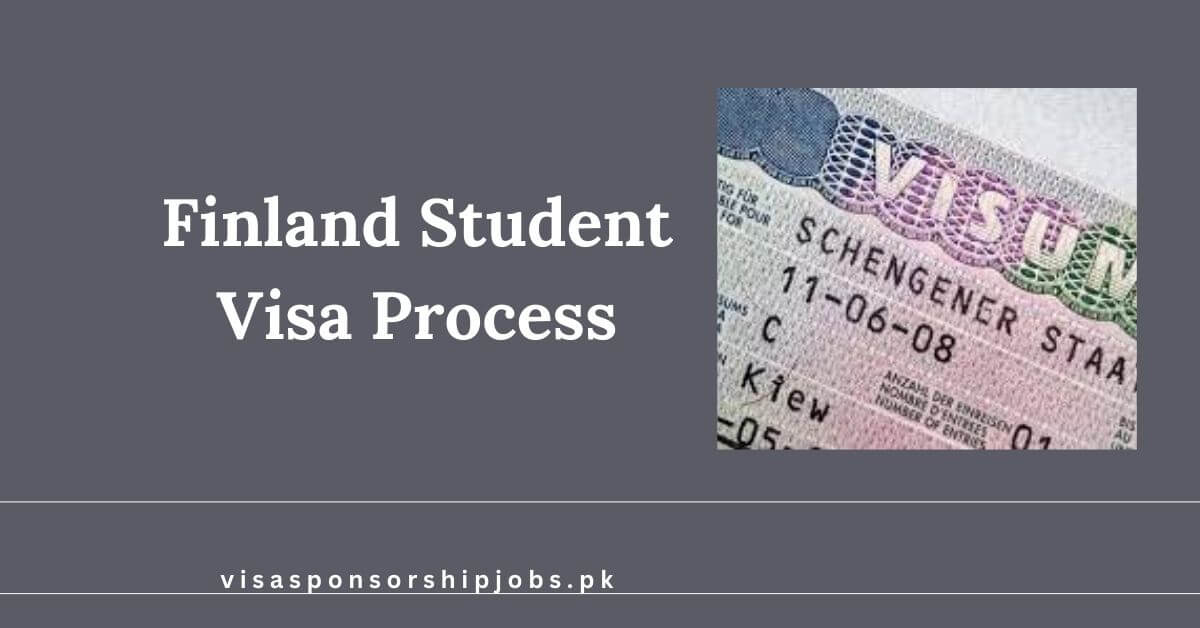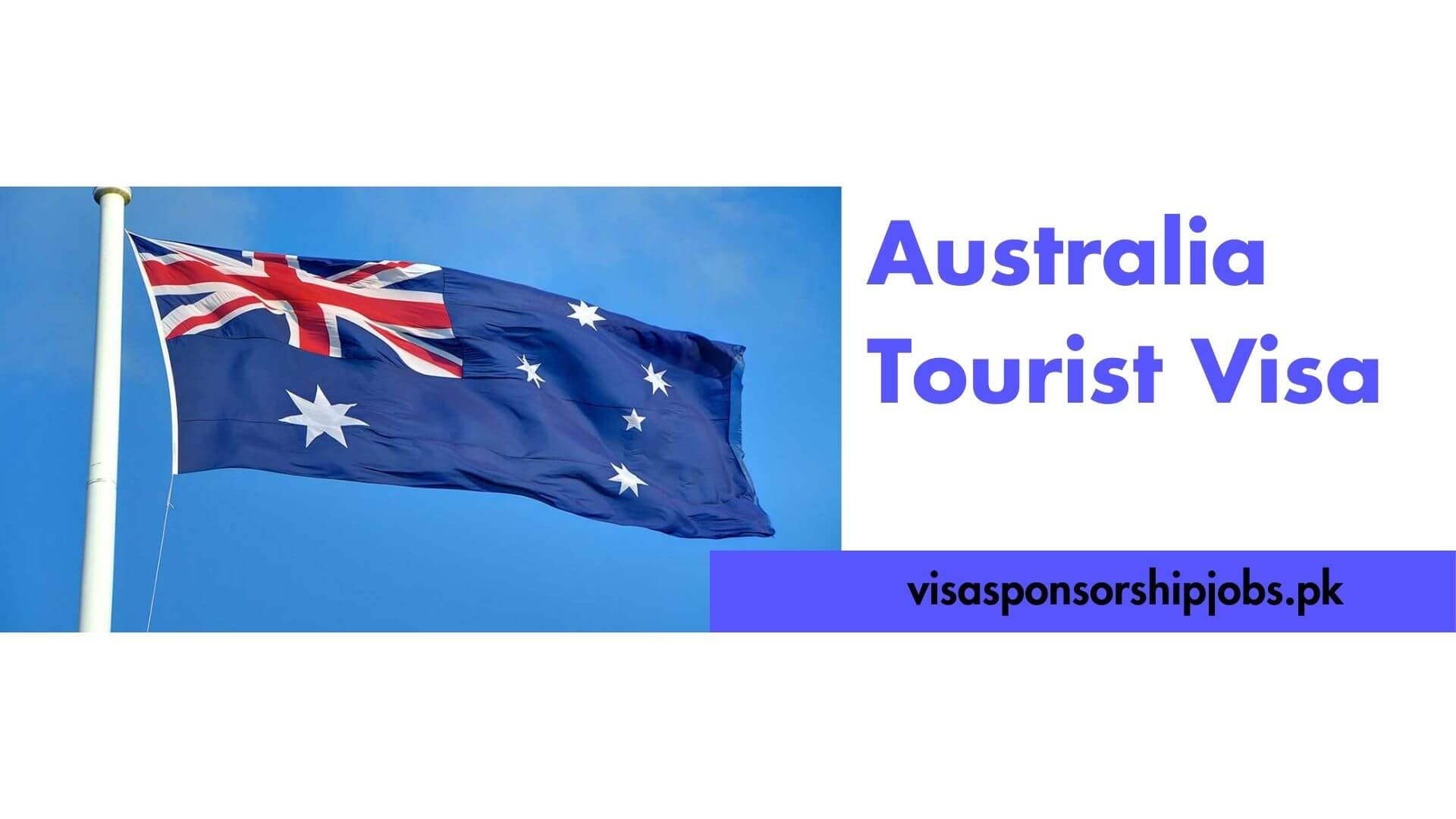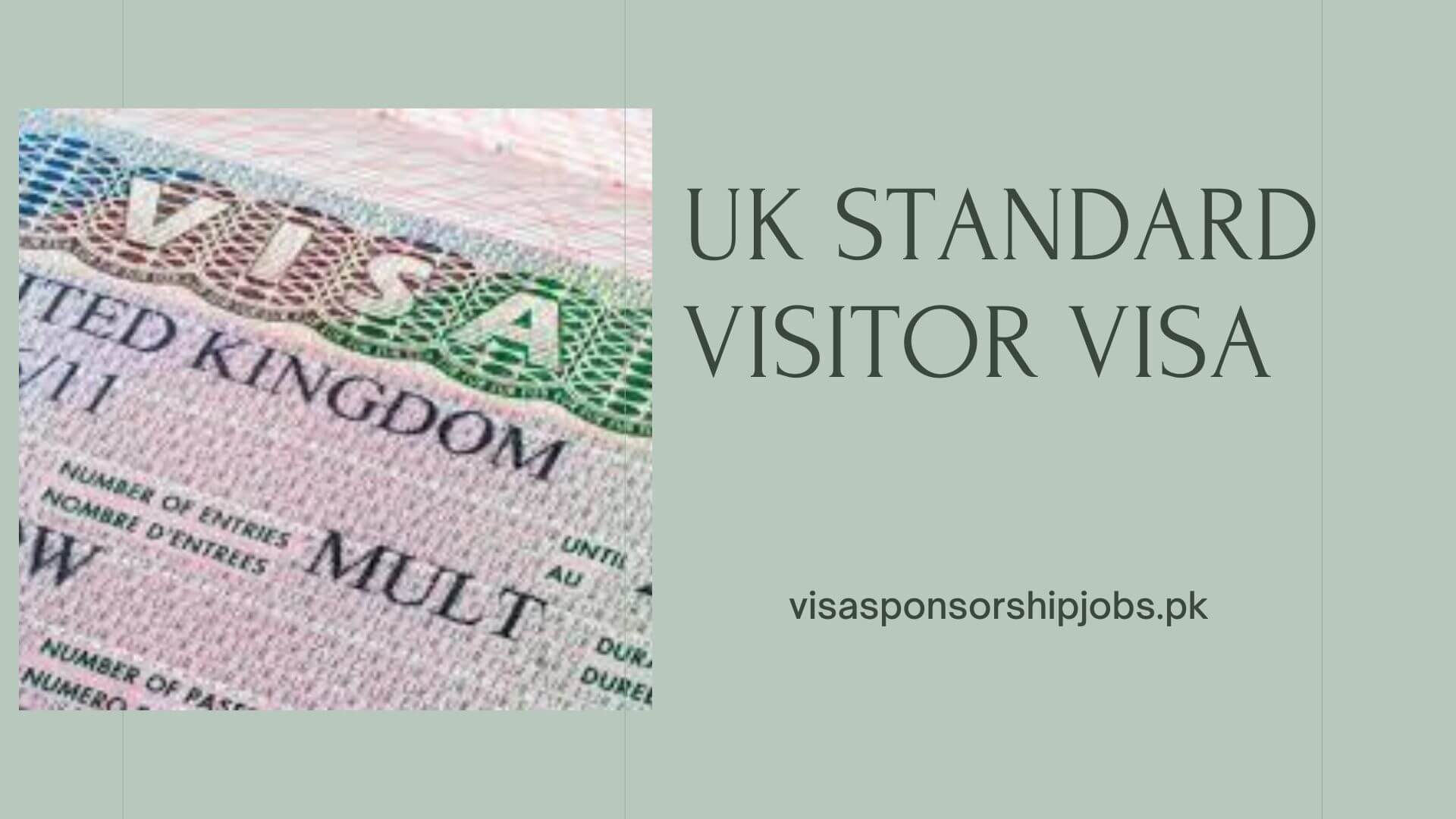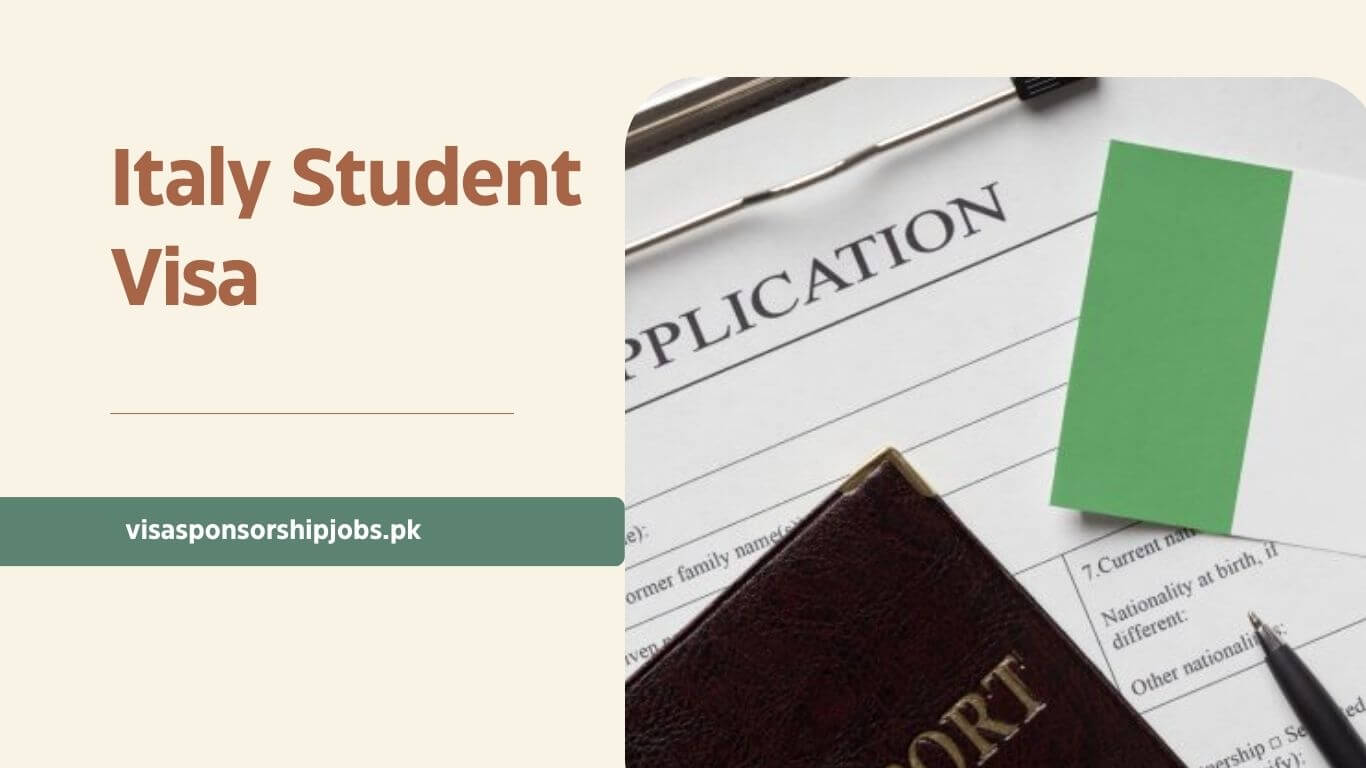Poland Student Visa 2025 – How to Get
A Comprehensive Guide to Obtaining a Student Visa for Poland, Including the Required Paperwork and the Application Process Poland boasts one of the most comprehensive and accreditable educational systems in Europe. Polish universities are renowned for their rigorous application procedures and the exceptional quality of their curricula. If you are an international student who intends to commence your studies in Poland, you may be required to obtain a student visa for Poland.
Introduction:
Poland is an exceptional destination for international students due to its distinctive blend of education, history, and culture. To participate in this excursion, you will require a student visa for Poland. This section will guide you through the process in detail, ensuring that your student move to Poland is as seamless as feasible.
Understanding the Poland Student Visa:
It is crucial to be aware of the requirements before beginning the application process for a student visa to Poland. This visa allows you to reside in Poland and attend an institution there that has been approved. It is typically granted for the duration of your academic program.
Do I Need a Visa to Study in Poland?
A student visa must be obtained through the nearest Polish embassy or consulate if you are not a citizen of the EU/EEA/Switzerland. It is imperative that you apply for a temporary residence permit as soon as you arrive in Poland, preferable 45 days prior to the expiration of your visa, in order to extend your stay.
If you are a Swiss, EU, or EEA citizen and wish to study in Poland for a period exceeding three months, you are required to register your stay. This is because nationals who possess a “laissez-passer” do not require visas.
Check Also: UK Student Visa Process – Apply Now
Where Can I Apply for a Student Visa to Poland?
Depending on your residence, you may submit an application for a Poland visa at one of the following locations:
- The Polish embassy or consulate in your country.
- An embassy or consulate of Poland in another country.
- Poland has contracted the submission of visa applications to the embassy or consulate of another Schengen country.
- Visa submission services have been contracted out to a private visa application facility or agency by the Polish embassy.
Poland Student Visa Application Process:
Prior to submitting an application for a student visa in Poland, it is necessary to:
- Schedule an appointment with the Polish consulate or embassy that is the closest to your location. Make an appointment by accessing the e-Konsulat website of the Polish Ministry of Foreign Affairs.
- Complete the application form located on the E-Konsulat website. In addition to scheduling an appointment, the e-Konsulat website also provides the option to submit an application form.
- Accumulate the essential documentation. In order to substantiate your visa application, you must submit a series of documents, including your letter of acceptance to the university. A comprehensive catalog of documents is available in the “Supporting Documents” section.
- Submit an application to the Polish embassy or consulate in person. Upon receipt of your documents, you are required to present them in person at your appointment.
- Attendance at a visa interview is mandatory. In order to evaluate whether or not you should be granted a visa, certain embassies may request a visa interview.
- Be patient and await the result. Once you have submitted your application, the only thing left to do is await a decision. The embassy will inform you of the anticipated duration, which is typically 15 days.
Documents Requirement for Poland Student Visa:
- Visa Application Form: Complete and approve the visa application form that was obtained from the Polish consulate or embassy.
- Passport: A passport that is legitimate and has a validity period that extends beyond the intended duration of the stay, with a minimum of two blank pages.
- Passport-size Photographs: Recent passport-sized photographs that meet the visa photo requirements.
- Acceptance certificate: An official certificate of acceptance from the Polish educational institution that confirms your admission.
- Evidence of Financial Resources: Evidence of adequate funds to cover your tuition fees, accommodation, and living expenses during your time in Poland. This may encompass bank statements, scholarship correspondence, or a financial guarantee from a sponsor.
- Health Insurance: Throughout the duration of your visit to Poland, Comprehensive health insurance coverage is valid.
- Accommodation Proof: Confirmation of accommodation arrangements in Poland, such as a rental agreement or a letter from the university confirming hostel accommodations.
- Flight Itinerary: A confirmed round-trip flight reservation or itinerary.
- Language Proficiency: If applicable, evidence of your proficiency in the language of instruction, such as the results of language proficiency tests (e.g., IELTS, TOEFL).
- Educational credentials: Transcripts and academic credentials from previous educational institutions.
- Curriculum Vitae (CV): A comprehensive CV that delineates your professional and educational heritage.
- Visa Application Fee: The visa application fee may differ based on your nationality.
- Polish Visa Cover Letter: A cover letter that elucidates the purpose of your visit, the course of study you intend to pursue, and how it is consistent with your career objectives.
How Long Does It Take To Get a Poland Student Visa?
Your Poland student visa may require up to 15 days to be processed after you submit your application. Upon receiving your university acceptance letter, you should register for a student visa to Poland as soon as possible, but no later than three months prior to your start date. Your student visa application processing time may be extended if you submit your application during the summer.
Benefits of Poland Student Visa:
- Access to High-Quality Education: A Poland Student Visa enables you to pursue your education at universities that are internationally recognized and offer a wide range of programs in both English and Polish, all of which are held to the highest academic standards.
- Affordable Tuition Fees: Poland is an appealing destination for international students due to its affordable tuition expenses, which are lower than those of other European countries.
- Cost of Living: Poland’s relatively inexpensive cost of living enables students to manage their expenses comfortably while pursuing their education.
- Work While Studying: A Poland Student Visa allows you to work part-time (up to 20 hours per week) while pursuing your studies, which can assist you in managing your finances and acquiring work experience.
- Post-Graduation Employment Opportunities: Upon completion of your studies, you may apply for a temporary residence permit to remain in Poland and seek employment, thereby establishing a route to employment.
- Pathway to Permanent Residency: The acquisition of permanent residency or citizenship in Poland can be achieved through the study of the country.
- Access to the European Union: A Poland Student Visa grants you the ability to visit 26 European countries without the need for additional visas, allowing you to travel within the Schengen Zone.
- Multicultural Environment: Poland is home to a diverse student community, which offers the opportunity to engage with individuals from a variety of cultures and backgrounds.
- World-Class Facilities: Polish universities provide state-of-the-art amenities, such as student accommodations, research laboratories, and libraries that are fully equipped.
- Scholarships and Financial Aid: Poland offers a variety of scholarship programs to international students, which alleviate the financial burden of studying abroad.
- Language Learning Opportunities: Studying in Poland offers the opportunity to acquire the valuable skill of speaking Polish, which can significantly improve your career prospects, particularly in Europe.
- Safe and Welcoming Environment: Poland is renowned for its student-friendly environment, safety, and hospitality, which render it an ideal location for both living and studying.
- Cultural and Historical Exposure: Students are afforded a distinctive opportunity to engage with Poland’s rich cultural heritage and history, which includes art, architecture, and traditions.
- Networking Opportunities: Studying in Poland provides an opportunity to establish a professional network with industry experts, faculty, and colleagues, thereby increasing your career prospects.
How Long Can I Stay in Poland With a Student Visa?
- You are permitted to remain in Poland for a maximum of three months with a Schengen visa and for one year with a national student visa.
- A Temporary Residence Permit (TRP) is required for international pupils who are in Poland for a period exceeding three months. In order to further your education, you are permitted to remain in Poland for an additional two years upon submitting your initial application for a permit.
- The processing of your Temporary Residence Permit will require an estimated 8-10 months due to the extremely high volume of applicants.
Can I Work in Poland With a Student Visa?
Certainly, it is permissible to labor in Poland if you possess a student visa and residence permission. While studying, you are permitted to work part-time (20 hours per week) and full-time during vacations. Nevertheless, it is imperative that you prioritize your studies over your employment, as your student visa is at risk. Your visa renewal may be at risk if you fail to pass your tests and conclude each semester on time.
Is It Easy To Get a Job in Poland as a Student?
Indeed, it is relatively straightforward to secure part-time employment in Poland as a student, as per the most recent legislation implemented by the Polish government. All that is required to secure employment in Poland as an international student is a transitory residence visa.
Conclusion:
The initial step toward a life-changing education in this stunning European nation is to obtain a Poland Student Visa. You will be well on your way to achieving the grades you desire if you adhere to the instructions in this guide.
Frequently Asked Questions:
Is it easy to get a student visa for Poland?
In order to get a degree in Poland, all that is required is a valid identification document, travel documents, and a registration of your domicile with the Voivodship (Provincial) Office. A D-type visa will be required for all other international students in order to study and remain in Poland for a year.
Do I need IELTS for Poland student visa?
Polish universities do not require students to pass the IELTS exam in order get admission; they also admit students who have completed their education in English. By conducting an interview with the university admission officer via Skype communicator, it is possible to pursue a degree in Poland without getting an IELTS score.
How much money is required for student visa in Poland?
In order to get a degree in Poland, the aspirant must maintain an average bank balance of 13,000 USD. This amount isn’t included in the tuition fees, expenses for living, or visa application fee for the student visa applicant in Poland.
